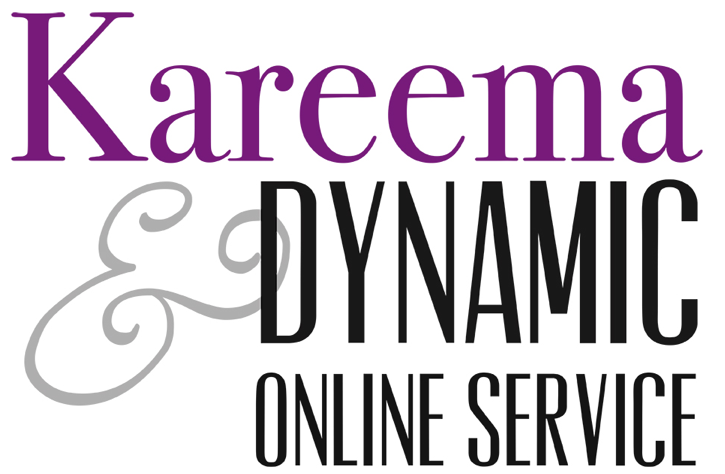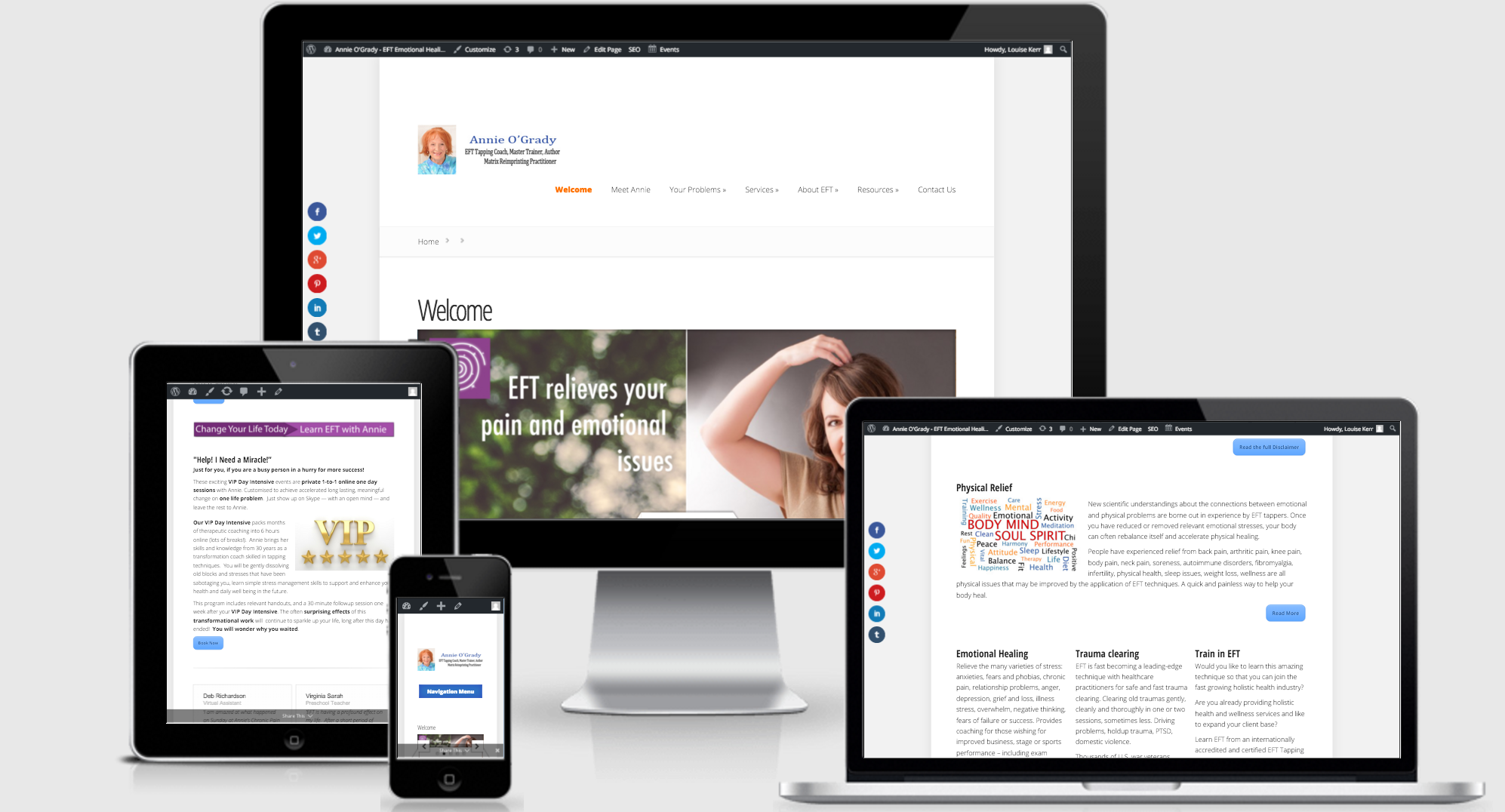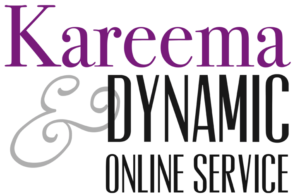About the website platforms
The best website platform for your business depends on your specific needs, such as functionality, ease of use, design preferences, scalability, and budget. Most businesses need a platform that supports visual content, integrates with social media, and is easy to manage. Here’s a breakdown of popular DIY (Do-It-Yourself) platforms for your type of business:
1. Wix
- Best For: Creative flexibility, user-friendly design, and small businesses needing quick setup.
- Pros:
- Drag-and-drop editor with high customizability.
- Excellent templates for real estate and video-based content.
- Built-in marketing tools like SEO, email campaigns, and social sharing.
- Affordable pricing.
- Cons:
- Limited scalability for very large websites.
- Some SEO restrictions for advanced users
- Advanced marketing techniques are limited.
2. Squarespace
- Best For: Visually stunning designs and multimedia integration.
- Pros:
- Gorgeous, modern templates ideal for showcasing properties.
- Excellent tools for embedding video content
- Simple blogging features
- Built-in SEO and marketing tools.
- Cons:
- Limited flexibility compared to others.
- A steeper learning curve than Wix.
3. WordPress.com (or WordPress.org for self-hosting)
- Best For: Highly customizable and scalable websites.
- Pros:
- Thousands of themes and plugins available for all types of businesses
- Great SEO and analytics capabilities.
- Ability to add complex features as your business grows
- Add on Elementor (free plugin) and Elementor Pro (minimal cost per year) for easy drag and drop page building
- Add on WooCommerce for simple stores
- Cons:
- More technical; requires maintenance (especially WordPress.org).
- Hosting fees if self-hosted. However these costs are very small.
4. Shopify
- Best For: Selling additional products or services
- Pros:
- Integrated e-commerce features.
- Simple setup and marketing integrations.
- Much easier now than ever before
- Cons:
- Focuses more on e-commerce, so might lack specialized tools needed by other businesses.
5. Webflow
- Best For: Advanced custom design and interactivity without coding.
- Pros:
- Unmatched design flexibility.
- Great for SEO and marketing.
- Can handle complex animations and interactivity.
- Cons:
- Requires time to learn.
- Costs can add up with advanced features.
6. GoDaddy Website Builder
- Best For: Beginners needing simplicity and quick launches.
- Pros:
- Extremely easy to use.
- Includes hosting and domain services in one package.
- Affordable for smaller-scale sites.
- Cons:
- Basic designs and limited customization.
- Not recommended long term
Weebly (Free Plan)
Key Features:
- Drag-and-drop builder.
- Free SSL security.
- Basic e-commerce functionality (up to 5 products).
- Free Weebly subdomain (e.g., yourname.weebly.com).
Pros:
- Beginner-friendly with an intuitive interface.
- Offers basic online store features on the free plan.
- Responsive design for mobile optimization.
Cons:
- Limited customization compared to competitors.
- Displays Weebly ads.
- Storage capped at 500 MB.
Google Sites
Key Features:
- Simple drag-and-drop interface.
- Seamless integration with Google Workspace (Docs, Sheets, Slides).
- Free hosting and subdomain (e.g., sites.google.com/view/yourname).
Pros:
- Completely free with no ads.
- Perfect for intranets, simple business sites, or portfolios.
- Reliable performance with Google’s hosting.
Cons:
- Limited design options.
- No advanced features like e-commerce or SEO tools.
- Not suitable for professional branding.
6. Canva (Website Builder)
Key Features:
- Drag-and-drop design.
- Templates optimized for small websites or portfolios.
- Free Canva subdomain (e.g., yourname.my.canva.site).
Pros:
- Great for visually appealing, creative websites.
- Ideal for small businesses or portfolios.
- Easy integration with Canva’s design tools.
Cons:
- Limited functionality for large websites or e-commerce.
- No advanced customization.
Pros of Free Platforms
- No upfront costs, perfect for testing ideas.
- User-friendly interfaces for non-technical users.
- Basic features sufficient for personal or small business sites.
Cons of Free Platforms
- Subdomains and ads reduce professionalism.
- Limited storage, bandwidth, and customization.
- No advanced features like e-commerce, SEO, or integrations without upgrading.
Choosing the right platform for your business
Choosing the right platform for your business is a crucial decision that can impact your brand’s visibility, customer engagement, and overall growth. Here’s a step-by-step guide to help you decide which platform aligns with your business needs:
1. Define Your Business Goals
Ask yourself:
- What is the primary purpose of your website? (e.g., lead generation, showcasing properties, selling products, sharing content).
- Do you need advanced features like IDX/MLS integration for real estate, e-commerce for product sales, or blogging for audience engagement?
2. Evaluate Your Budget
- Free platforms are great for testing ideas but may not project a professional image.
- Paid plans offer custom domains, advanced features, and no ads, usually ranging from $10-$30/month for basic business needs.
3. Assess Key Features
Look for platforms with features that suit your business:
- Real Estate: IDX/MLS integration, property listing tools, and contact forms.
- Video Content: High-quality media support and seamless embedding options.
- E-commerce: Shopping carts, payment gateways, and inventory management.
- SEO: Built-in tools for local search optimization.
4. Consider User Experience
- Do you need a platform that’s beginner-friendly?
- Do you prefer more control over design and functionality?
Recommendations for Ease of Use:
- Wix: Drag-and-drop simplicity with templates for real estate and e-commerce.
- Squarespace: Stunning designs with multimedia focus.
Recommendations for Scalability:
- WordPress.org: Full customization for advanced users.
- Webflow: Sophisticated design control for growing businesses.
5. Check Integration Options
Ensure the platform supports:
- Social media channels
- Email marketing tools (like Mailchimp or ActiveCampaign).
- Real estate-specific tools (like CRM or property databases).
6. Test Responsiveness
Your website must look great and function well on mobile devices. Most platforms offer mobile-friendly templates, but check this feature before committing.
Platform Recommendations for Your Business
- Wix: Best for all-in-one simplicity and creative freedom. Ideal for showcasing properties and embedding videos.
- WordPress.com or .org: Great for scalability and advanced features like property integrations or e-commerce
- Squarespace: Perfect for visual storytelling and video content
- Shopify: Best for selling products.
Pro Tip
Start with a platform that matches your immediate needs and allows room for growth. For example:
- Use Wix or Squarespace to create stunning, functional websites quickly.
- Transition to WordPress if you need more advanced customization as your business scales.




